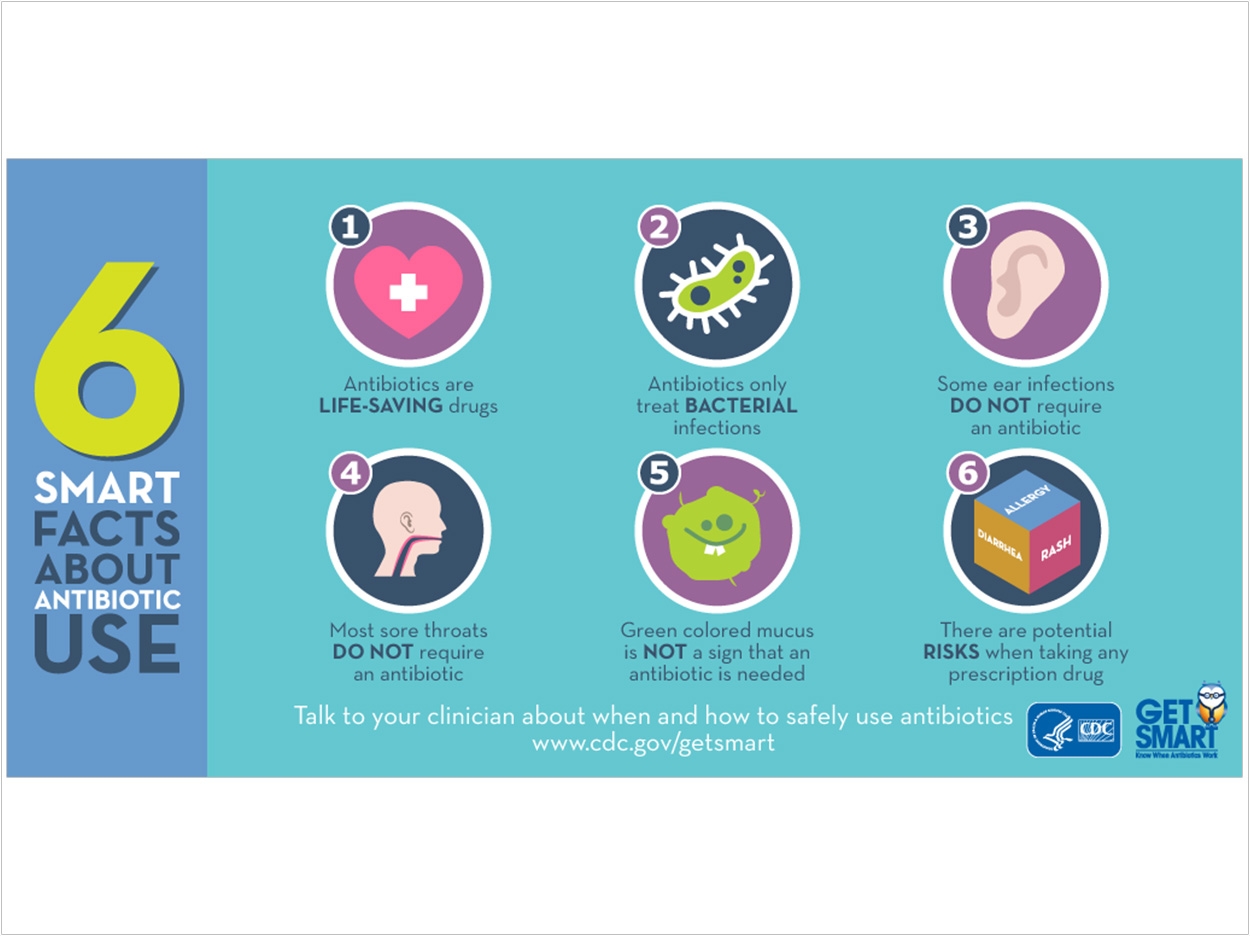
As antimicrobial resistance becomes a global danger, many leading medical organizations are responding with campaigns to improve antibiotic stewardship. To assist in these efforts, the British Dental Association (BDA) and the Faculty of General Dentistry Practice (FGDP) are offering a downloadable toolkit to help dentists manage their antibiotic usage.
The free kit includes a self-audit tool for accurate and easy auditing, including read codes, current guidance, and action plans, that’s compatible with Microsoft Excel 2003 and later versions. It also includes a poster and leaflet to help clinicians raise antimicrobial resistance awareness among their patients.
“Our profession is showing real leadership in the fight against antibiotic resistance, and this new toolkit gives all dentists the chance to play their part. It contains all the tools colleagues need to track and monitor prescribing patterns, stay compliant, and help patients understand when antibiotics are appropriate,” said Mick Armstrong, chair of the BDA.
Currently, dentists issue approximately 9% of all antibiotic prescriptions in National Health Service (NHS) primary care and 5% of the NHS total. Since 2015, all healthcare providers in the United Kingdom have had a statutory duty to ensure appropriate antimicrobial use to reduce the risk of resistance.
Public Health England reports that efforts at reduction are working, with 2.2 million fewer antibiotic prescriptions by general practitioners and clinicians in 2015 than in 2014 across all healthcare settings, including in the community and in hospitals. The use of broad-spectrum antibiotics, which are effective against a wide range of bacteria and more likely to lead to resistance, also has decreased in primary care for the second year in a row.
“Dentists have a vital role to play in keeping antibiotics working,” said Dr. Mick Horton, dean of the FGDP. “The audit helps us fulfill our professional responsibility only to prescribe antibiotics when it is appropriate to do so, and the new tool is an easy way to measure our practice against clinical guidance and identify, implement, and sustain any changes we need to put in place.”
According to the US Centers for Disease Control, at least 2 million people are infected with antibiotic-resistant bacteria each year, with 23,000 deaths as a result. Additional deaths occur as the result of complications from antibiotic-resistant infections. The Review on Antimicrobial Resistance predicts that fatalities could reach 10 million a year by 2050.
“When now thinking of prescribing antibiotics, I routinely ask myself 3 questions: is it really necessary, is it really necessary, is it really necessary?” said Dr. Steven Korb, a general practitioner and chair of the Cheshire & Merseyside Local Dental Network.
Related Articles
Online Pharmacies Add to Growing Antimicrobial Resistance Dangers
Antibiotics May Do More Harm Than Good
Antibiotics Can Still Treat Systemic Bacterial Disease Like Periodontitis












